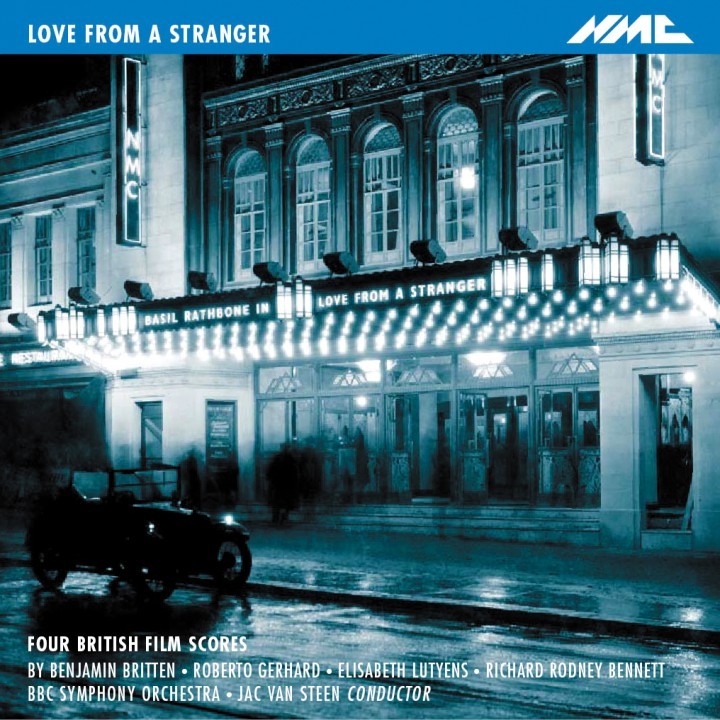Roberto Gerhard
Roberto Gerhard was born on 25 September 1896 in Valls, a small inland town in the Tarragona district of Catalonia. After studying piano with Granados and composition with Pedrell, he studied with Schoenberg in Vienna and Berlin from 1923 until 1928. It was during this time that Schoenberg was developing his own method of composition with twelve tones, a technique which was inevitably to affect Gerhard's own. In 1931 Gerhard took up the post of Professor of Music at the Escola Normal de la Generalitat in Barcelona, and served as head of the music department of the Catalan Library. After the defeat of the Republic in the Civil War he left Spain to settle in Cambridge, on being offered a research studentship at King's College. He spent some time teaching in America, in 1960 at the University of Michigan, and again in 1961 at the Berkshire Music Center, Tanglewood, before returning to Cambridge where he worked until his death as a freelance composer, no longer attached to the University.
In the sixties he received many commissions, notably from the BBC (Symphony No.2, Hymnody, The Plague, and Libra), and in America from the Koussevitzky Foundation (Symphony No.3), the New York Philharmonic Orchestra (Symphony No.4), and the Hopkins Center, Dartmouth (Leo). With an increase in commercial recordings and concert performances, Gerhard's music became more widely known, bringing him the rewards denied to him for nearly half a century. He died in 1970, at the age of seventy-three.
Roberto Gerhard was born on 25 September 1896 in Valls, a small inland town in the Tarragona district of Catalonia. After studying piano with Granados and composition with Pedrell, he studied with Schoenberg in Vienna and Berlin from 1923 until 1928. It was during this time that Schoenberg was developing his own method of composition with twelve tones, a technique which was inevitably to affect Gerhard's own. In 1931 Gerhard took up the post of Professor of Music at the Escola Normal de la Generalitat in Barcelona, and served as head of the music department of the Catalan Library. After the defeat of the Republic in the Civil War he left Spain to settle in Cambridge, on being offered a research studentship at King's College. He spent some time teaching in America, in 1960 at the University of Michigan, and again in 1961 at the Berkshire Music Center, Tanglewood, before returning to Cambridge where he worked until his death as a freelance composer, no longer attached to the University.
In the sixties he received many commissions, notably from the BBC (Symphony No.2, Hymnody, The Plague, and Libra), and in America from the Koussevitzky Foundation (Symphony No.3), the New York Philharmonic Orchestra (Symphony No.4), and the Hopkins Center, Dartmouth (Leo). With an increase in commercial recordings and concert performances, Gerhard's music became more widely known, bringing him the rewards denied to him for nearly half a century. He died in 1970, at the age of seventy-three.
Compilations with this composer
CompilationsRelated composers
Related composersExternal Links
Music Map
Discover more about the classical music of today with NMC's Music Map, and exciting and educational online tool which enables you to see and hear the connections between composers, their teachers, pupils, influences and their works.
Music Map
